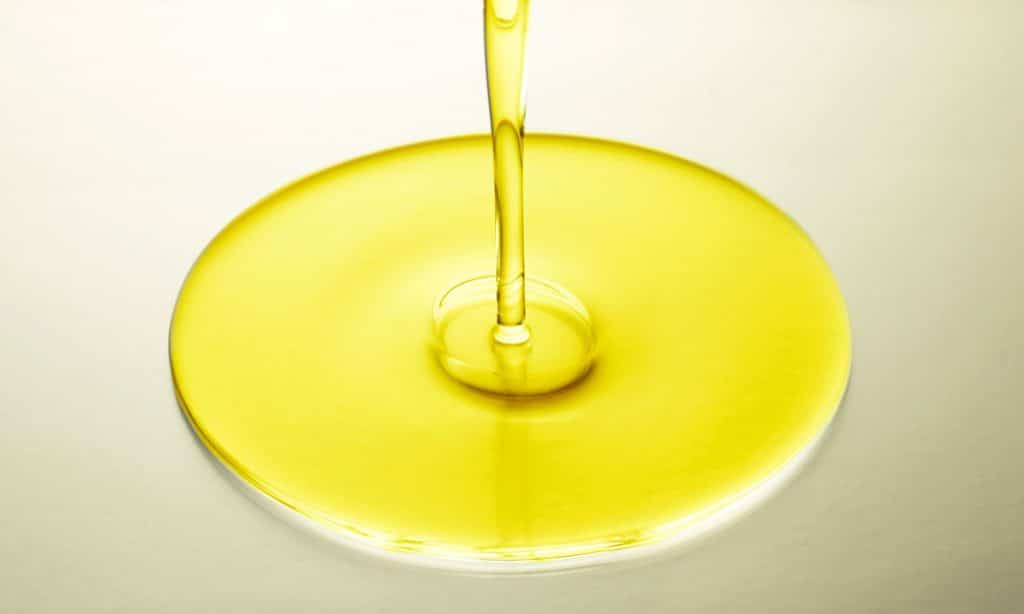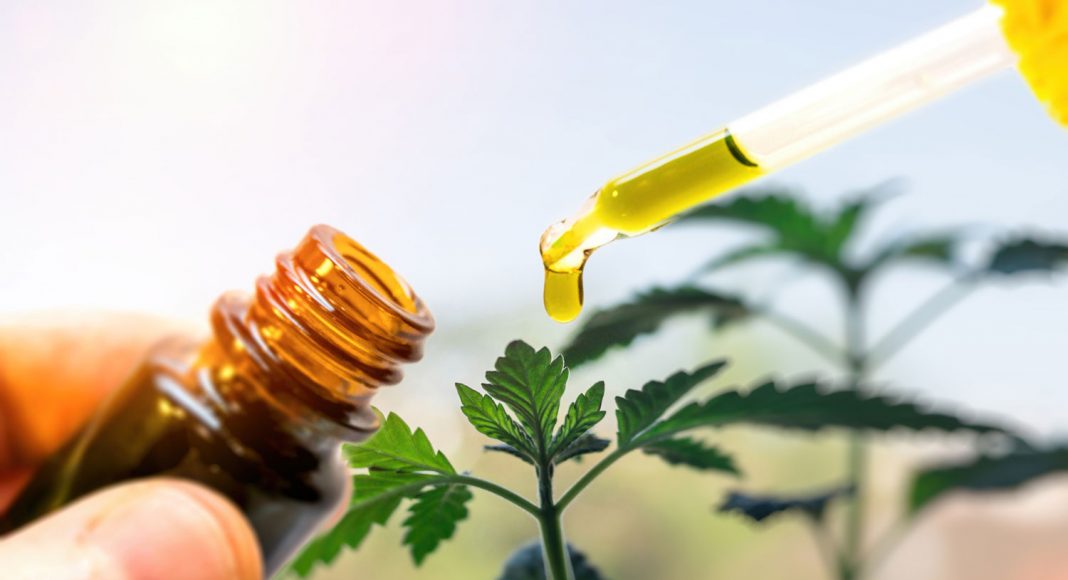Because cannabidiol (CBD) is not bound by any government regulations, cannabis companies have a license to do whatever they want with these products.
It seems everywhere we turn these days there is a big, flashing sign that reads “CBD Sold Here.” But instead of seeing these circus-style advertisements around legitimate medical facilities dedicated to creating a healthier population, they are appearing in front of smoke shops, convenience stores and malls.
America has gone buck wild for this non-intoxicating cannabis-hemp derivative. So much, in fact, they have failed to take into consideration that some of these products might be fake.
Not all CBD is the therapeutic heal-all you’ve been reading about for the past few years. Some of it is junk, containing only trace amounts of the cannabinoid. Reports abound of counterfeit CBD oil sold in parts of the country. So, yes, if you purchased CBD oil the last time you filled up your vehicle with gasoline or bought a black light poster from Spencer’s Gifts, there’s a good chance the CBD you’ve been taking is just a load of bull.
It hurts doesn’t it, getting ripped off? Well, we will do our best to ensure you don’t make the same mistake twice.
RELATED: Cannabis: Misinformation About CBD Can Be Life-Threatening
Here’s the thing: Because cannabidiol (CBD) is not bound by any government regulations, cannabis companies have a license to do whatever they want with these products. While there are some legitimate operations out there creating the best possible hemp-derived CBD oils, gummies and vapes, others are fly-by-night snake oil salesmen, cutting corners in the quest for the almighty dollar.

Research published in the Journal of the American Medical Association shows that around 40% of CBD products purchased online do not contain as much of the compound as printed on the labels. About 26% included higher concentrations than they were supposed to. Some of these products even tested positive for enough THC to cause a person to fail a drug test. Reports of CBD users testing positive for marijuana have become more prevalent as of late because of these kinds of manufacturing discrepancies.
But it’s not like you haven’t been warned that some CBD products might be a little shady.
RELATED: FDA Warns 15 Companies For Selling CBD Products That Violate FD&C Act
The U.S. Food and Drug Administration (FDA) has spent nearly five years urging consumers to “beware purchasing and using any such products.” But apparently, all anyone wants to hear in their search for a miracle cure is the hype. Nevertheless, in laboratory tests, the agency found many of these products do “not contain the levels of CBD they claimed to contain.” This means a lot of consumers who have bought into the CBD craze are out there getting scammed. And if they are purchasing CBD to help with a specific medical condition, the swindle becomes more than just about the money.
So, where should you make your next CBD purchase?
Getting your hands on quality CBD products is relatively simple. It’s always a good idea to buy from a reputable dealer in a legal marijuana state where these products are held to testing standards. But if a legal state isn’t an option, consumers shouldn’t just rely on Amazon or their local truck stop for help. You just can’t be sure about the quality when buying CBD from these retailers.
Ultimately, consumers should do some research and find cannabis companies that employ strict testing standards as though they were under the thumb of the FDA. Sniffing out those firms can sometimes be tricky. But this list from the U.S. Hemp Authority is an excellent place to start.


